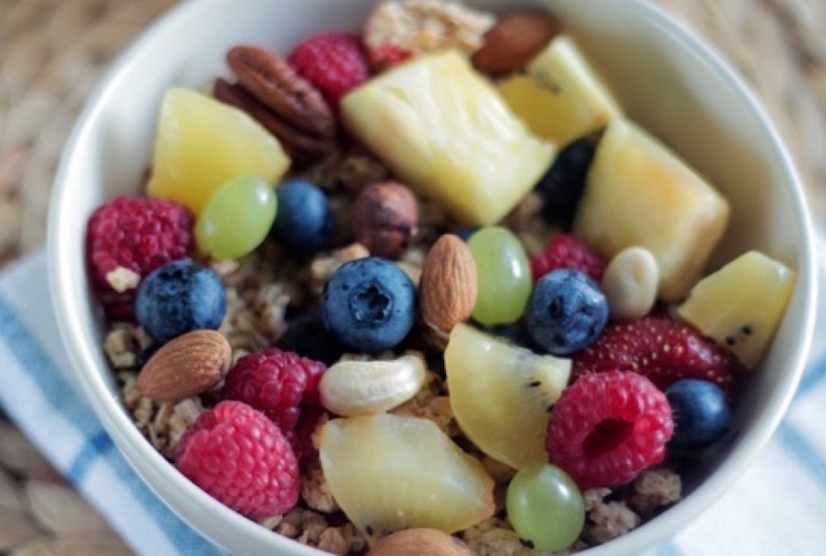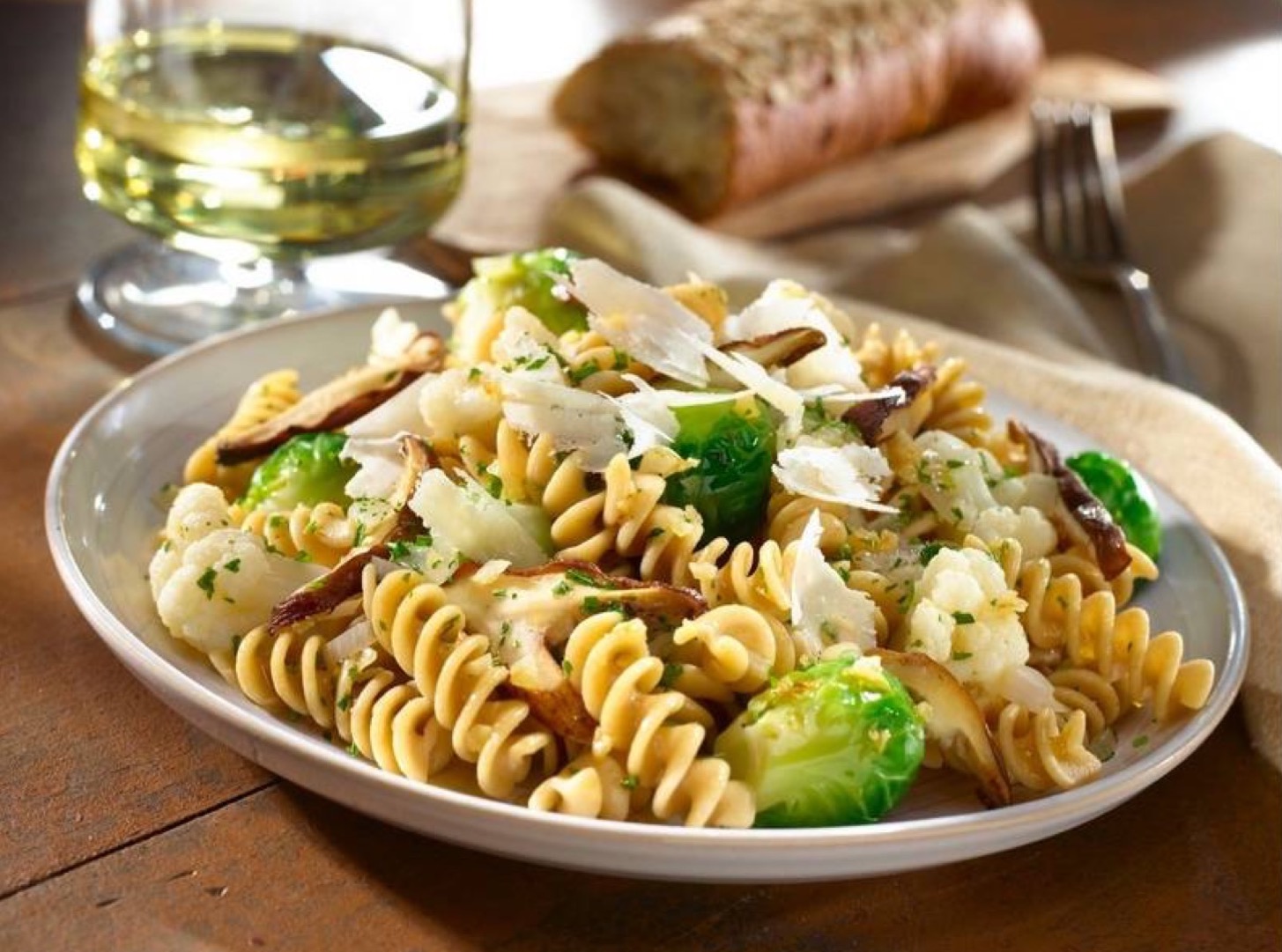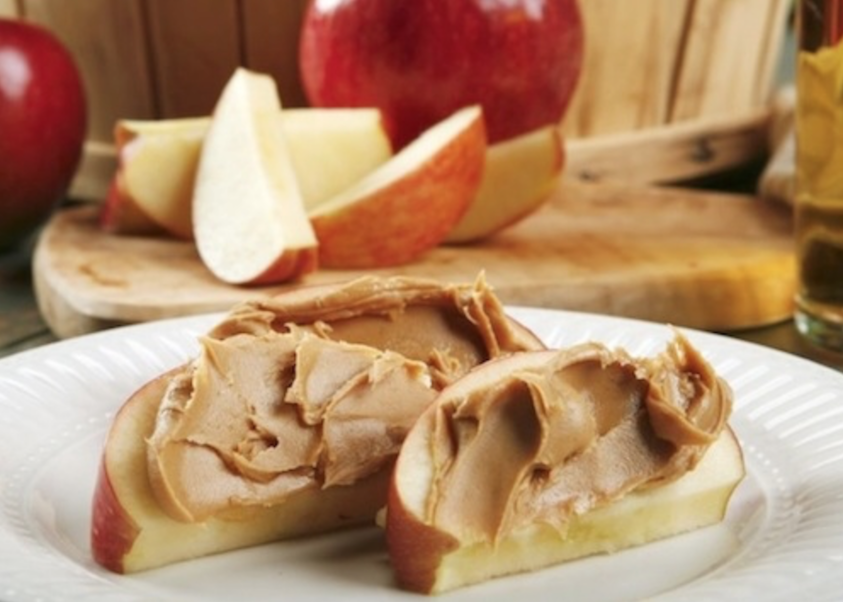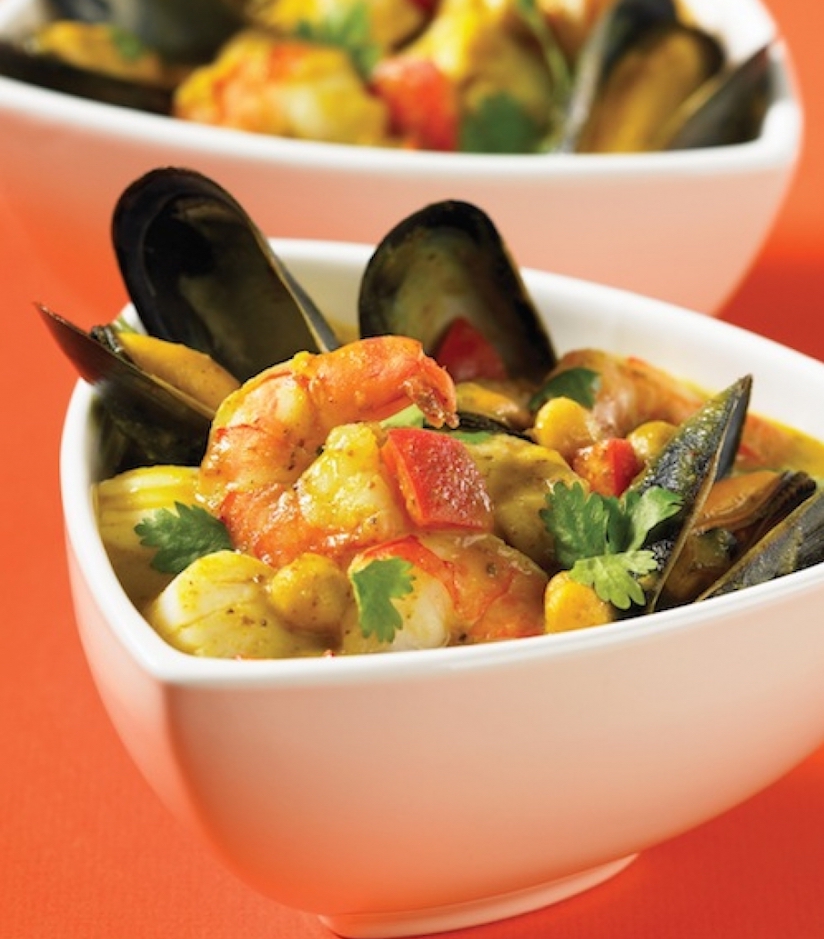As one who diligently follows an intermittent fasting regimen I’m personally not a big fan of snacking. But, every once in a while I’ll have pesky hunger pangs that just won’t go away without some sort of nourishment. Funny enough, a little while back I found myself out and about on a 100-degree day without a single snack or so much as a bottle of water with me.
Related Article: Intermittent Fasting: How I Control My Weight By Eating One Meal a Day
After walking in excess of a mile to get to the nearest convenience store and ultimately spending seven bucks on a bag of off-brand trail mix and a Gatorade Thirst Quencher, I knew I would never get caught out like that again.
Indeed, when it comes to maintaining good eating habits, snacking can sometimes be a challenge, especially when you’re out and about. Many people unknowingly sabotage their healthy eating efforts by stocking up on subpar foods carrying the “low-calorie” and “100-calorie” brands believing these make healthier snacks than their higher-calorie counterparts.
While these traditional “airplane” snacks can occasionally serve as a quick pick-me-up, they certainly shouldn’t be your primary grab-and-go choices, as most, if not all, of them are comprised solely of empty-calorie sugars and starches.
Related Article: Tip to Dieters: Beware of Empty Calorie Foods
If you’re trying to choose healthier snacks, it’s better to focus on the overall quality of the calories they contain as opposed to simply counting them. The best snack foods are not necessarily low in calories but ideally well-balanced in essential macronutrients (carbohydrates, fat, and protein) and micronutrients (vitamins and minerals).
So how can you get the biggest nutritional bang for your buck? Here’s a diverse list of options that allow for endless nutrient-rich snacks.
Raw Vegetables and Fruits
Fiber-rich vegetables and fruits are obvious choices for healthy snacking. Some of the most convenient options include carrots, broccoli, cherry tomatoes, berries, apple wedges, a clementine, kiwifruit or a small banana. Most vegetables and fruits are extremely low in calories. However, to avoid taking in excess sugar from fruits, use a fruit-to-vegetable ratio of at least 1:2 or even 1:3 when consuming these foods.
Related Article: The Best Time to Eat Fruit
Quick Tip: Cucumber tomato salad makes a delicious snack that’s only 75 calories and extremely rich in vitamins, minerals, and antioxidants. In a portable container, simply mix half of a cucumber (sliced with the peel) and half of a tomato (sliced) with two tablespoons of apple cider vinegar. Season the mixture to taste with spices, dried dill weed, fresh pepper, and a dash of sea salt and you’re good to go!
High-Quality Whole Grain Foods
Given today’s “anti-gluten” trend, many whole grain foods have been given a bad rap. But, unbeknownst to many, high-quality whole grains are extremely rich in valuable nutrients, providing large amounts of fiber, vitamins and minerals without all the empty calories that come with added sugars and artificial fats. The nutritional composition of whole grains greatly supports long-term management and overall good health.
Related Article: The Gluten-Free Lifestyle: Is It Really a Fad?
Due to their high fiber content, whole grains tend to digest and absorb slowly in ways that help you feel fuller, sooner and for longer periods of time. When it comes to healthy snacking, it’s best to consume only those foods made from 100% whole grains including breads, crackers, oats, granola, and plain popcorn. As a good rule of thumb, go for only those that list a “whole” grain as the first ingredient.
Related Article: How Different Types of Fiber Affect Your Health
Lean Protein and Healthy Fats
Eating lean protein and healthy fat-rich foods is a sure way to maximize your body’s fat burning potential. Protein alone helps to prevent wasting and preserve the metabolic rate while fats (monounsaturated and omega-3 fatty acids) can prevent excess accumulation of belly fat in ways that support weight loss. These foods are also great for controlling hunger and curbing your appetite, as they are slow to digest and very filling.
Related Article: Natural Ways to Suppress Hunger and Appetite for Weight Loss
Many high-protein and high-fat foods make great stand-alone snacks. These include Greek yogurt, boiled eggs, natural cheeses, avocado slices, canned tuna or sardines, edamame, nuts and seeds. High-quality nut butters, yogurt, hummus, cottage cheese or Neufchatel cheese make handy dips that can bring your snacks to life. Use them to transform vegetables, fruits, and whole-grains into more nutritiously-balanced meals.
RECIPE: Oatmeal Raisin Protein Cookies
Plain Ole Water
Water is by far one of the healthiest snacks and it also happens to be the most convenient. While water doesn’t supply the body with energy in the form of calories, the body’s actual need for it far outweighs that of any calorie-containing food. On the average, the body requires about 8-12 eight-ounce cups of water each day in order to function properly.
Related Article: Why Water is More Important Than Food
Remarkably, signs of thirst and hunger are very similar. So, when you feel hungry, especially between meals, I recommend drinking a full glass of water before you eat. You just may be more thirsty than hungry. If you’re not a fan of plain water, add splashes of juice from fresh citrus, berries or other fruits in order to improve its taste and overall nutritional quality.
Related Article: A Great Way To Spice Up Your Water
Meal Replacement Bars and Drinks
For healthy snacking on the go, it’s always good to keep an ’emergency’ supply of meal replacement bars or drinks within arms reach. Choose only those that contain less than 18 grams of sugar, healthy compositions of fat, and significant amounts of protein and fiber.
Related Article: Protein Shakes and Supplements: Are They Really Necessary?
And there you have it! A wholesome list of options that allow for endless combinations of nutrient-rich snacks. When it comes to healthy eating, snacks don’t have to be your enemy. Just ensure they are delicately balanced in high-quality carbohydrates, good fats, and protein for maximum nutrition. When incorporated into your daily snacking regimen, these foods are a sure way to meet your nutritional needs in a healthy way.







